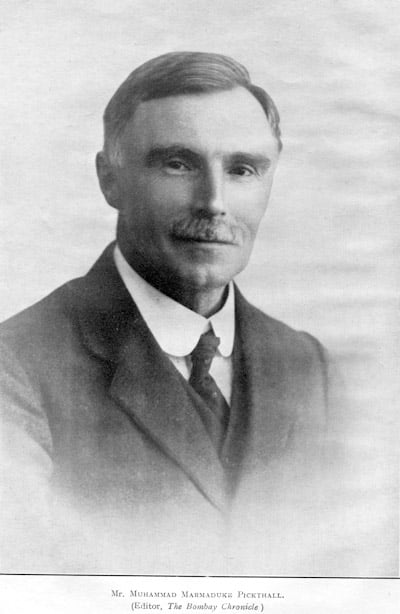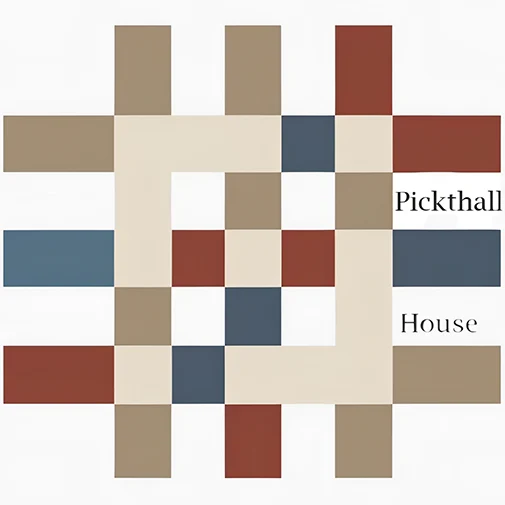MM Pickthall

Who is Marmaduke Pickthall?
Marmaduke Pickthall (1875-1936) was born an Anglican. The son of a clergyman, his life consists of an extraordinary journey, both physical and spiritual, that positioned him as a pivotal bridge between Western and Eastern cultures. Rooted deeply in the European intellectual tradition, he began his career as a writer and journalist. His initial explorations into the realms of the East through his novels and travels were marked by an unwavering commitment to the rich tapestry of his own cultural heritage, as typified by the admiration of fellow writers including DH Lawrence, HG Wells and EM Forster. He was even a classmate of Winston Churchill at Harrow.
His eventual conversion to Islam in 1917 did not signify a departure from his European roots but rather an extension of his profound engagement with the universal quest for truth and understanding across cultural divides. As a convert, Pickthall dedicated himself to the service of fostering a deeper appreciation and comprehension of Islamic culture within the British context, thus reinforcing his role as a mediator between two worlds.
Through his scholarly endeavors, including his seminal translation of the Quran titled “The Meaning of the Glorious Koran,” completed in 1930, Pickthall not only offered the English-speaking Muslim community a profound resource but also extended a bridge to his fellow Europeans. His translation, informed by his deep respect for both his inherited and adopted traditions, exemplified his lifelong commitment to dialogue and mutual respect between the East and the West. In his works and life, Marmaduke Pickthall embodied the synthesis of European intellectual traditions with a heartfelt commitment to his faith, his culture and his circumstances, serving as an enduring symbol of cross-cultural understanding and unity.
